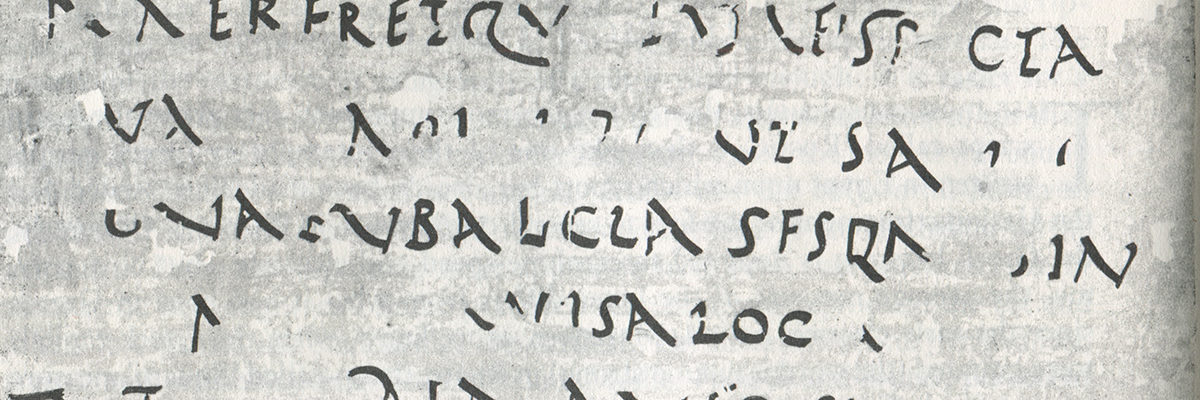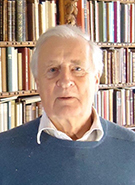
Visible Voices: Translating Verse into Script and Print, 3000BC-AD2000.
with
Nicolas Barker
The primary function of poetry is memorial, to help bard and audience remember the words. When transferred to script, it loses this function and gains a new one, visual form. Over five millennia, verse has been inscribed on stone or clay tablets, written on papyrus, vellum and paper, and ultimately printed. Each form has altered the way that poets write, and the surviving relics of their works demonstrate changes in their script, lineation and punctuation, in metre, rhyme, stress and other ways of writing poetry. The invention of printing coincides (more or less) with the first surviving examples of autograph poetry. From about 1500 we can see words forming on the page in the poet's hand, crossed out and amended, with an eye to eventual publication in print. Today, digital words shape the imagery of concrete poetry. Looking at verse in its visual form, we see more closely how poetic inspiration grows with and is influenced by the tangible means that preserve and diffuse it.
The Herb Lubalin Lectures are recorded and made available here and on Vimeo with the generous support of Adobe.
About Nicolas Barker

